Civil engineering is the design, implementation and maintenance of public works. This involves facilities and structures such as arenas, large-scale monuments, government buildings, transportation routes as well as other structures. Engineers will either work for the city or for a private firm that has been hired by the city. Some civil engineers work in the private sector on projects for independent companies.
Types of Civil Engineering Branches
There are several types of civil engineering. A civil engineer can specialize in a number of different civil engineering branches. Those branches are described briefly below. You may also like to know about what civil engineers do.
#1: Construction Engineering

This civil engineering branch deals with the planning, construction and maintenance of structures. Construction engineering is the planning and execution of designs from site development, environmental, structural, transportation and structural engineers. They must ensure that the plans that have been designed by other engineers are implemented to their exact specifications. Construction engineers will supervise fieldwork during the entire project. They are in a sense a cross between an engineer and manager as they will oversee the project from start to finish and handle any problems that come up throughout the duration of the project.

#2: Structural Engineering
This branch of civil engineering encompasses the structural analysis and design of structures. It is the responsibility of the structural engineer to analyze and design a structure that will safely bear or resist the stresses, forces and loads. The design must satisfy the project specifications while meeting all safety regulations. The structure must endure massive loads as well as natural disasters and climate changes.
#3: Geotechnical Engineering
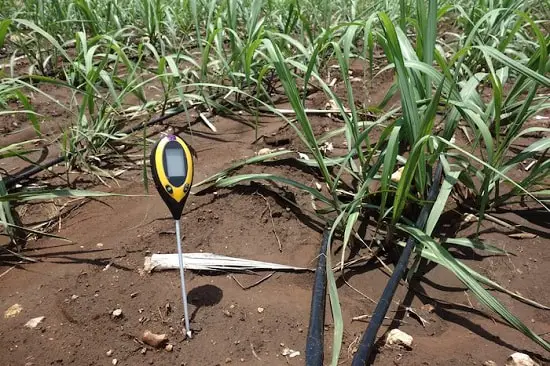
In geotechnical engineering, the studies of a civil engineer include soil, foundations, bearing capacities etc. The engineer will study the behavior of the earth materials and how they will affect a structure that is to be constructed. They will also evaluate pre-existing structures that are showing signs of problems with the earth materials under or near the structure.
#4: Transportation Engineering

Civil engineers that specialize in transportation engineering will work with the planning, construction and management of transportation facilities. They will design and implement the infrastructures that deal with transportation in order to provide a safe, comfortable, convenient, economical and environmentally compatible mode of transport. There are six divisions related to transportation engineering: highway, air transportation, waterway, aerospace, coastal & ocean and urban transportation.
#5: Surveying
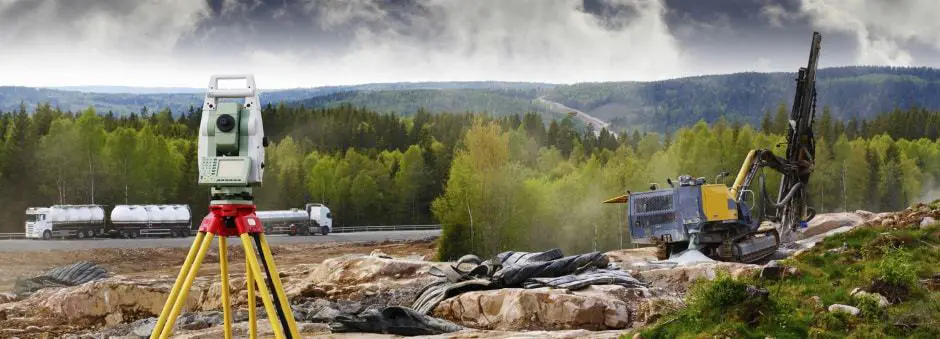
This type of civil engineering branch handles the surveying and leveling of land by using different instruments to map and contour the terrain. This is done to locate and measure property lines, layout buildings, bridges, channels, highways, and pipelines for constructions. Surveyors are generally classified into two categories: plane surveying and geodetic surveying.
#6: Water Resource Engineering
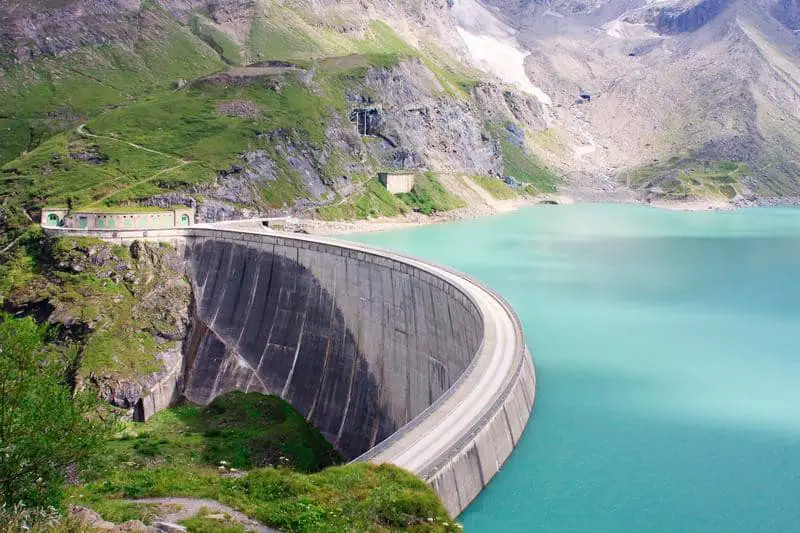
These engineers deal with the design and construction of hydraulic structures. These structures include dams, canals and water distribution system. The engineer is responsible for the design of the structure as well as the implementation and safety precautions that must be closely adhered to when dealing with hydraulic structures.
#7: Environmental Engineering

This civil engineering type is the study of environment-friendly designs, pollution and their resolutions and sewage management. Many engineers focus solely upon the crisis of pollution and coming up with solutions as well as determining new and inventive ways for sewage management and other environmental entities.
#8: Municipal Engineering

These engineers will work with urban or city governments on the planning and management of the township. Most of these engineers work directly with government officials to ensure that the structures within the municipality are properly designed and implemented.
#9: Coastal Engineering
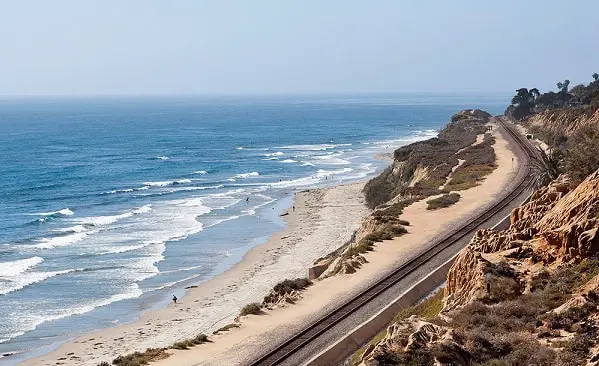
This branch of civil engineering deals with coastal and marine structures. These structures include groynes and embankments. These engineers not only ensure that the structures being erected correctly but they are also concerned with not disturbing the coastal regions.
#10: Tunnel Engineering
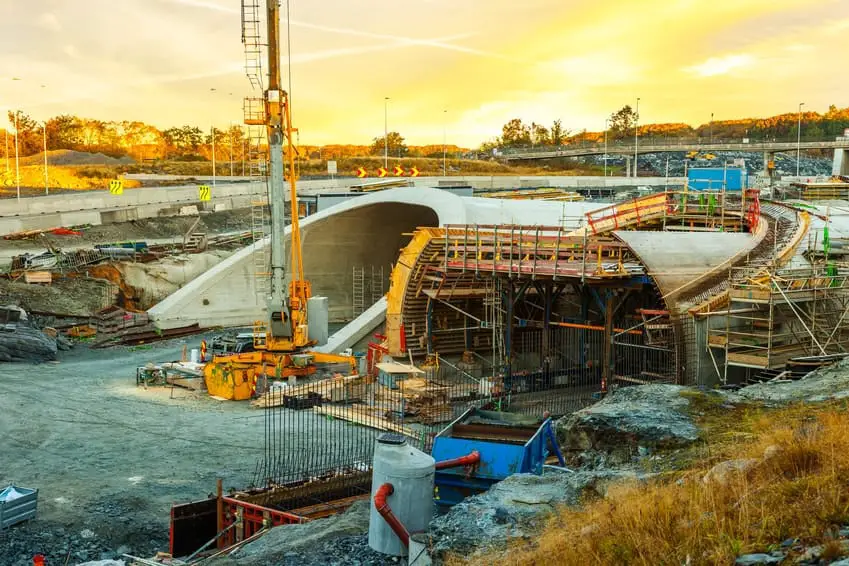
Civil engineers who specialize in tunnel engineering are responsible for the planning, designing, construction, safety and maintenance of tunnels. There are specifications that must be adhered to when working with tunnels for roadways, waterways or trains.
#11: Earthquake Engineering

Earthquake engineers study the seismic forces and earthquake resistant structures. In regions that are known for seismic activities, engineers must design and construct structures based on how well they will react within an earthquake situation.
#12: Material Engineering

This branch of civil engineering deals with the study of material strength, properties of materials used in construction and ceramics. These engineers will determine the best possible materials to be used for a project based on that project’s specifications.

Top of the department of civil engineering is structure… \m/